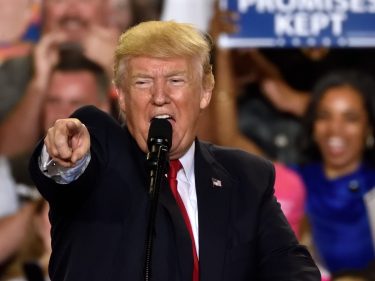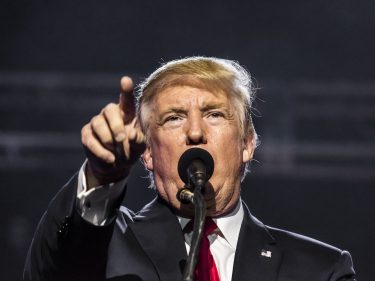Marathon-incubated Anduro has developed a platform for issuing and investing in RWAs on Bitcoin.
Like various use cases of blockchain technology, tokenization has been largely absent from Bitcoin.
Marathon’s incubation of Anduro may speak to a trend whereby mining companies are seeking to find more and more sources of transaction fee revenue in response to the block reward halving every four years.
Multichain layer-2 network Anduro, incubated by mining firm Marathon Digital Holdings (MARA), has developed a platform for issuing and investing in real-world assets (RWAs) on Bitcoin.
The platform Avant, developed alongside tokenization specialist Vertalo, is planning a pilot project to tokenize whiskey barrels, according to an announcement shared exclusively with CoinDesk.
Tokenization refers to the issuance of digital representation of RWAs as tokens that can be traded on a blockchain. Tokenized Treasury notes traded on networks like Ethereum and Solana exceeded a market cap of $2 billion in August.
“As traditional and decentralized finance continue to converge, we believe Vertalo’s work with Anduro will provide comfort to their partners that the durability of the Bitcoin blockchain extends beyond BTC and into real-world assets,” said Dave Hendricks, co-founder of Vertalo.
Like various other uses of blockchain technology, tokenization has been largely absent from Bitcoin. This has begun to change in recent years, however, through developments that have introduced smart contracts or facilitated the minting of tokens.
Avant may pave the way for this to happen with RWAs as well, but with a certain Bitcoin spin on it, according to Anduro’s product lead, Jullian Duran.
Anduro wants to avoid taking a RWA play that exists on the Ethereum and Solana blockchains and simply cut and paste it to Bitcoin, but instead is looking to offer something that “a bitcoiner would understand,” he said.
“A bitcoiner who wants tokenized Treasury bills can easily access that via Ondo Finance. Why would we create an Ondo Finance competitor?” he said in an interview with CoinDesk. “We see the opportunity being in these traditional, hard industries that are immediately recognizable, such as American whiskey.”
Marathon’s incubation of Anduro may speak to a trend whereby mining companies are seeking to find new sources of transaction fee revenue in response to the block reward halving every four years.
Bitcoin miners compete to solve mathematical problems in order to add new blocks to the network and, in turn, are rewarded with new BTC. The amount received is halved every four years, last doing so in April this year, when the reward fell to 3.125 BTC.
While this process helps to underpin bitcoin’s strength as a store of value, it presents a challenge for the miners, given that their source of income is effectively cut by 50% every four years.
“Specifically in the case of Marathon being a publicly listed miner whose stock price is highly correlated to the bitcoin price, we need to find new ways to drive up that price and drive forward adoption,” Duran said. “A world in which more people use bitcoin is a world in which there are more transaction fees and a world where the entire ecosystem gets lifted up.”




